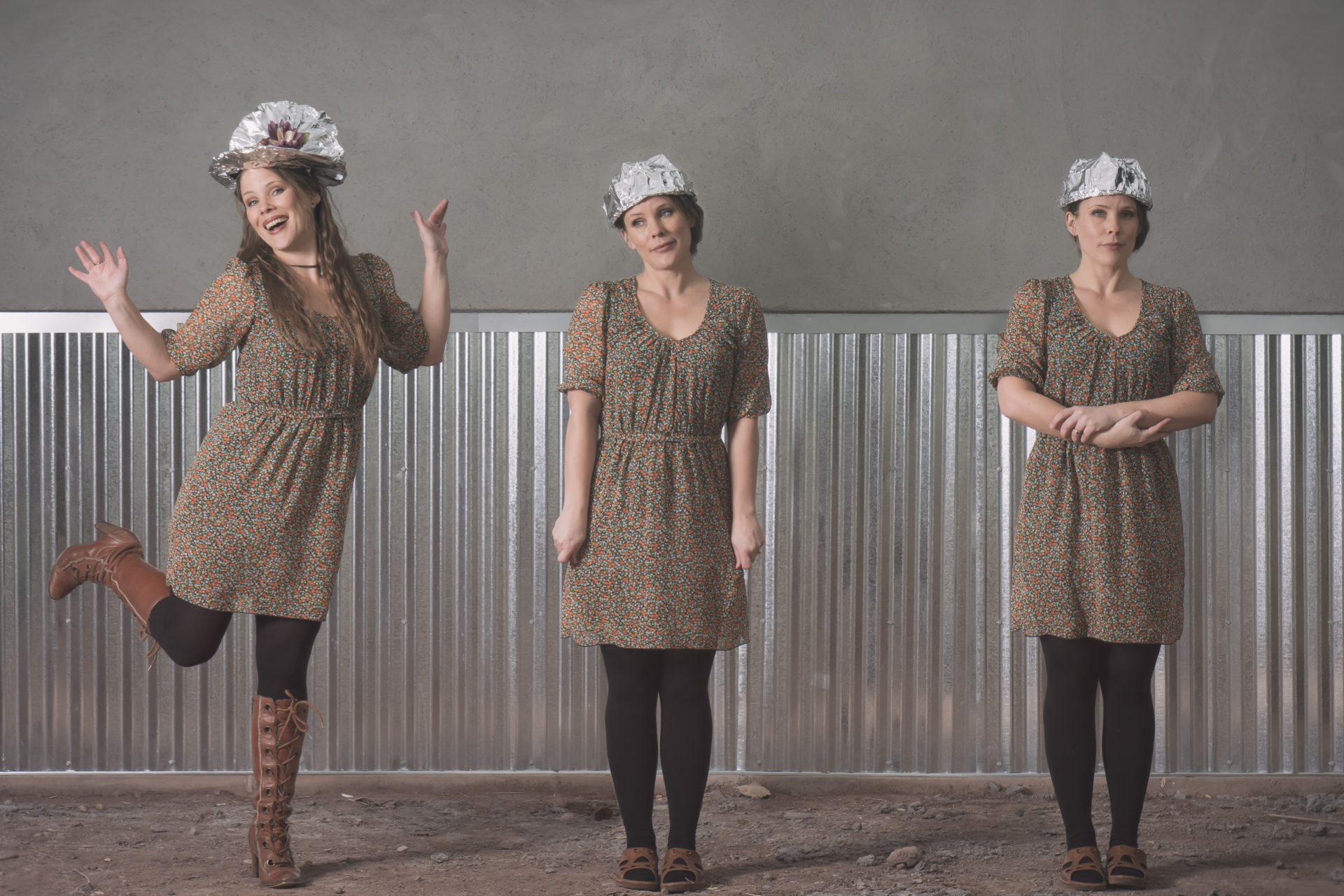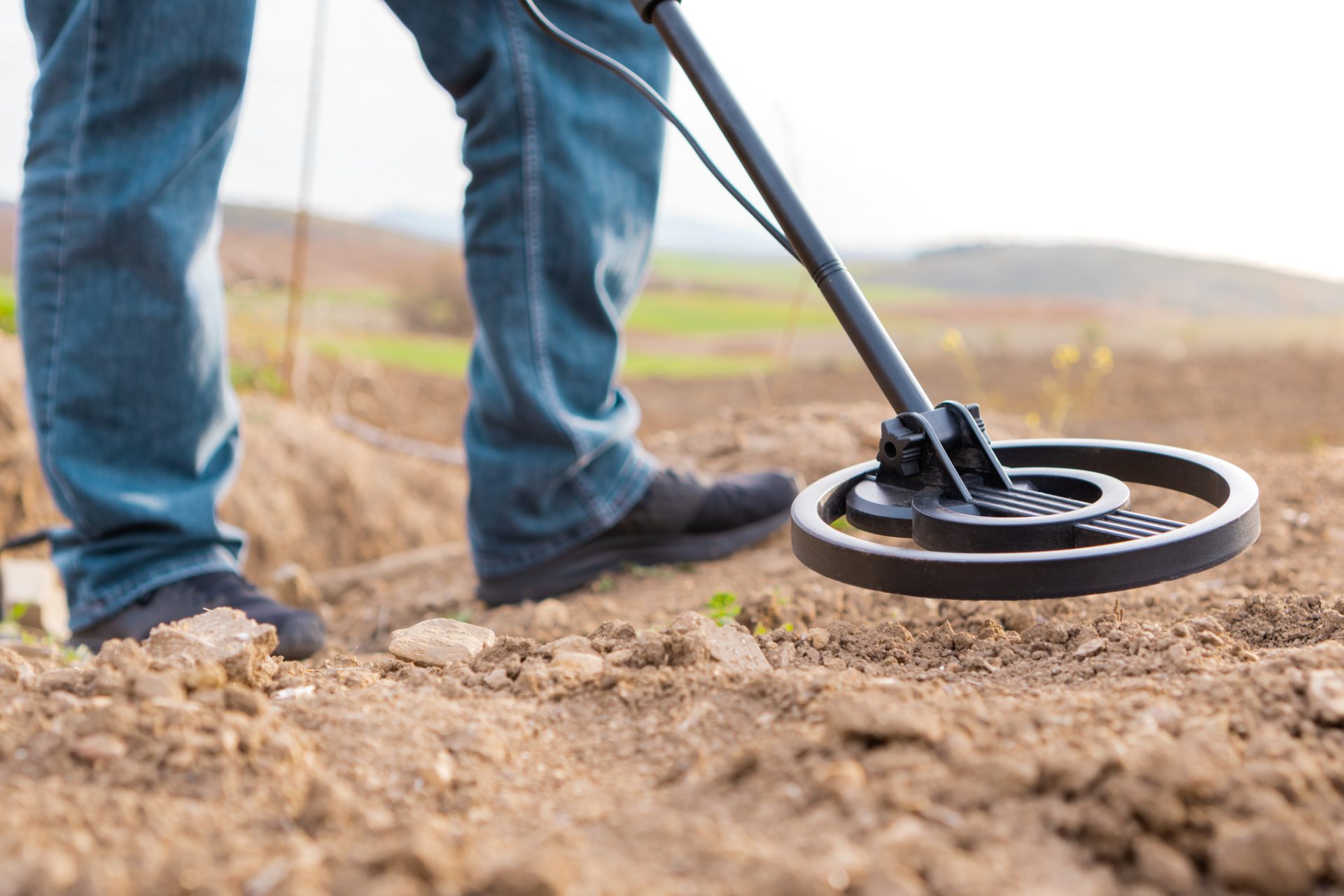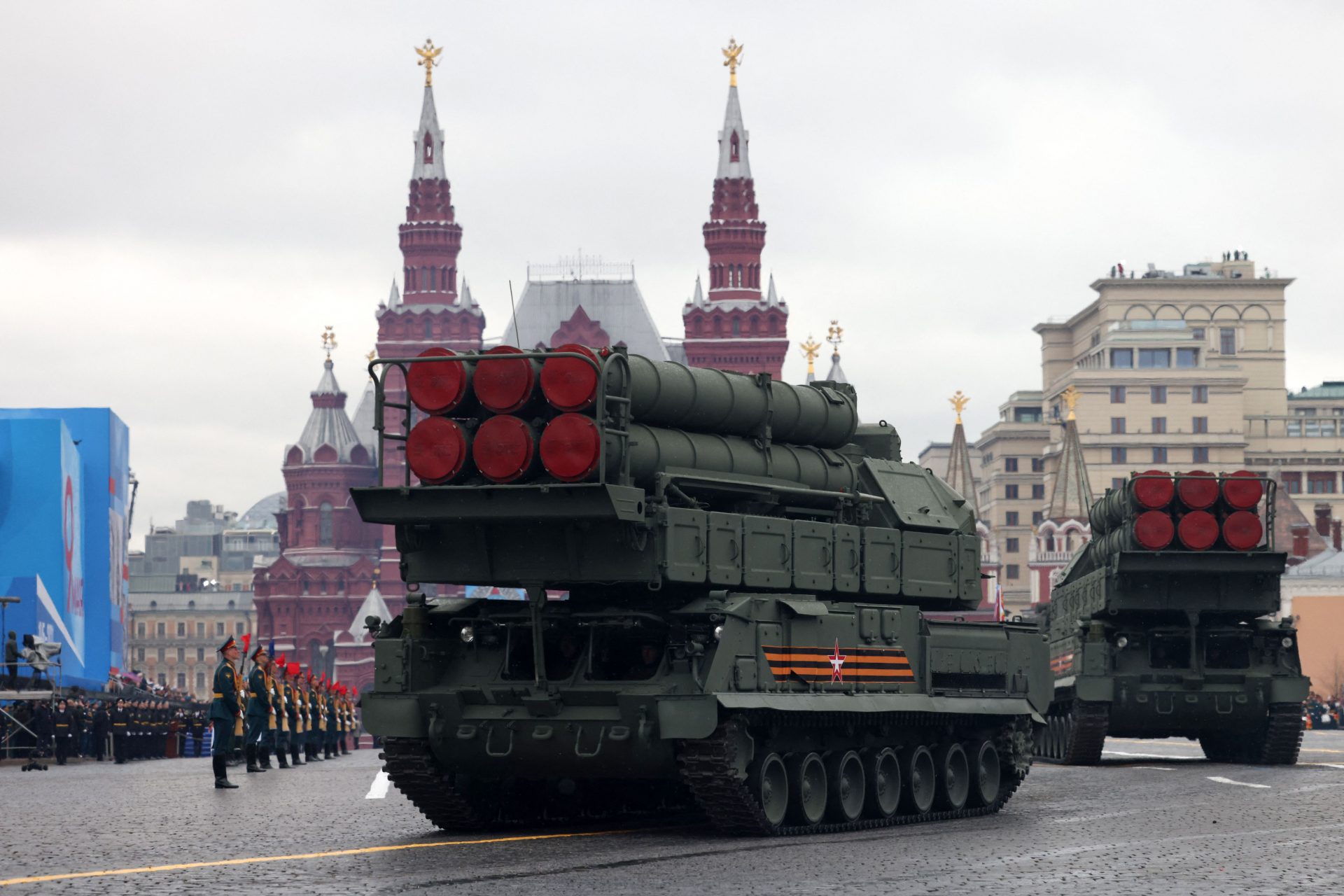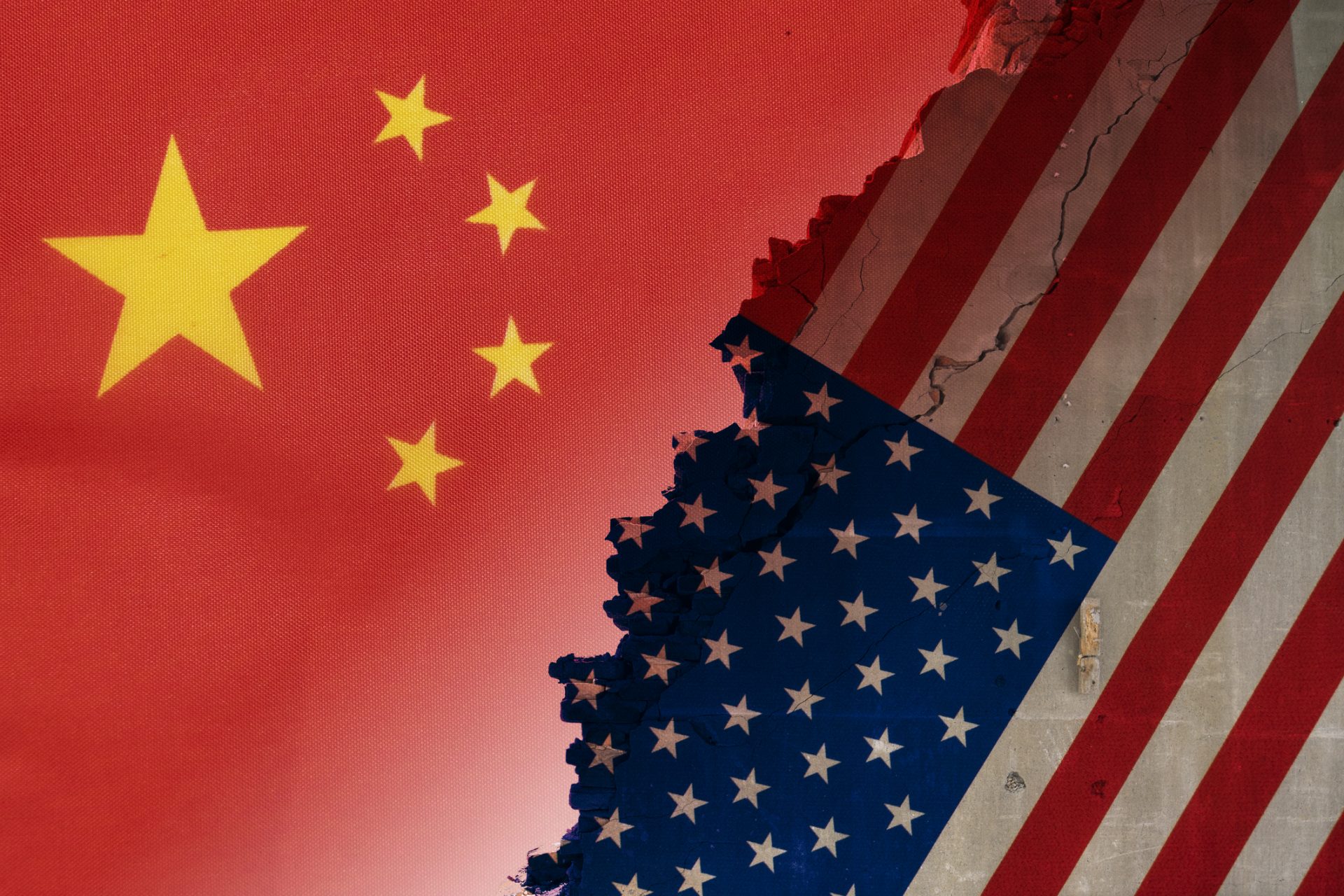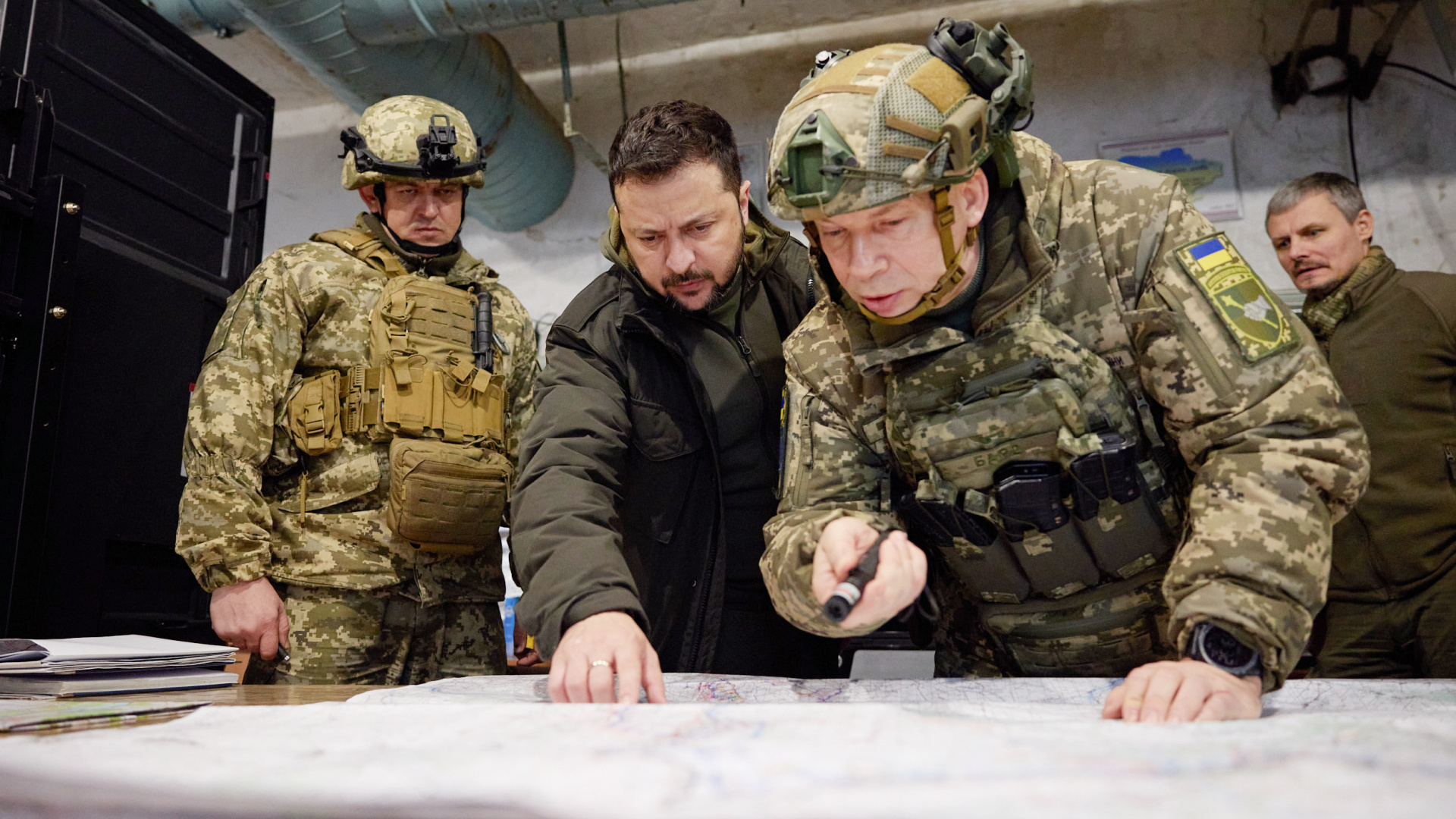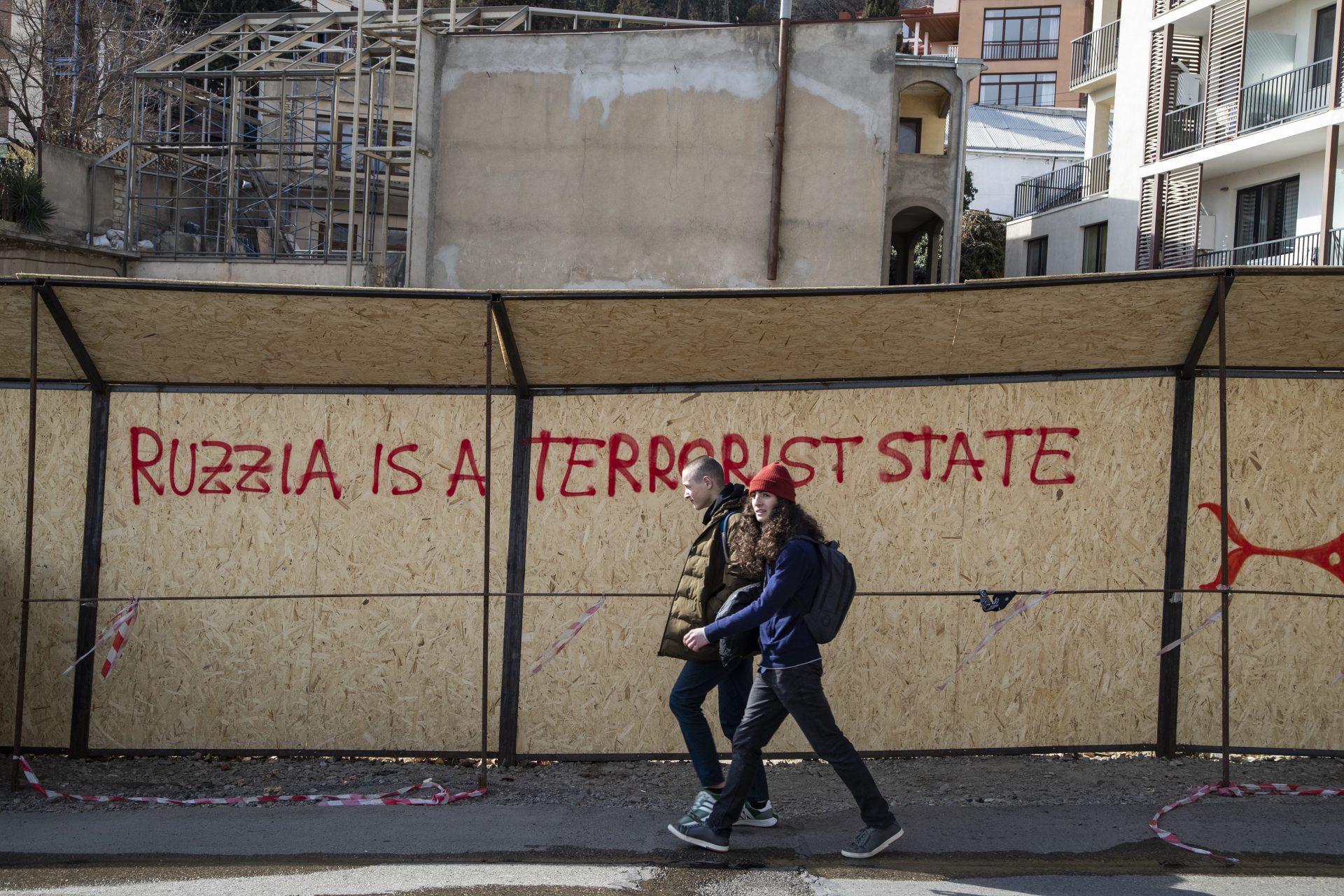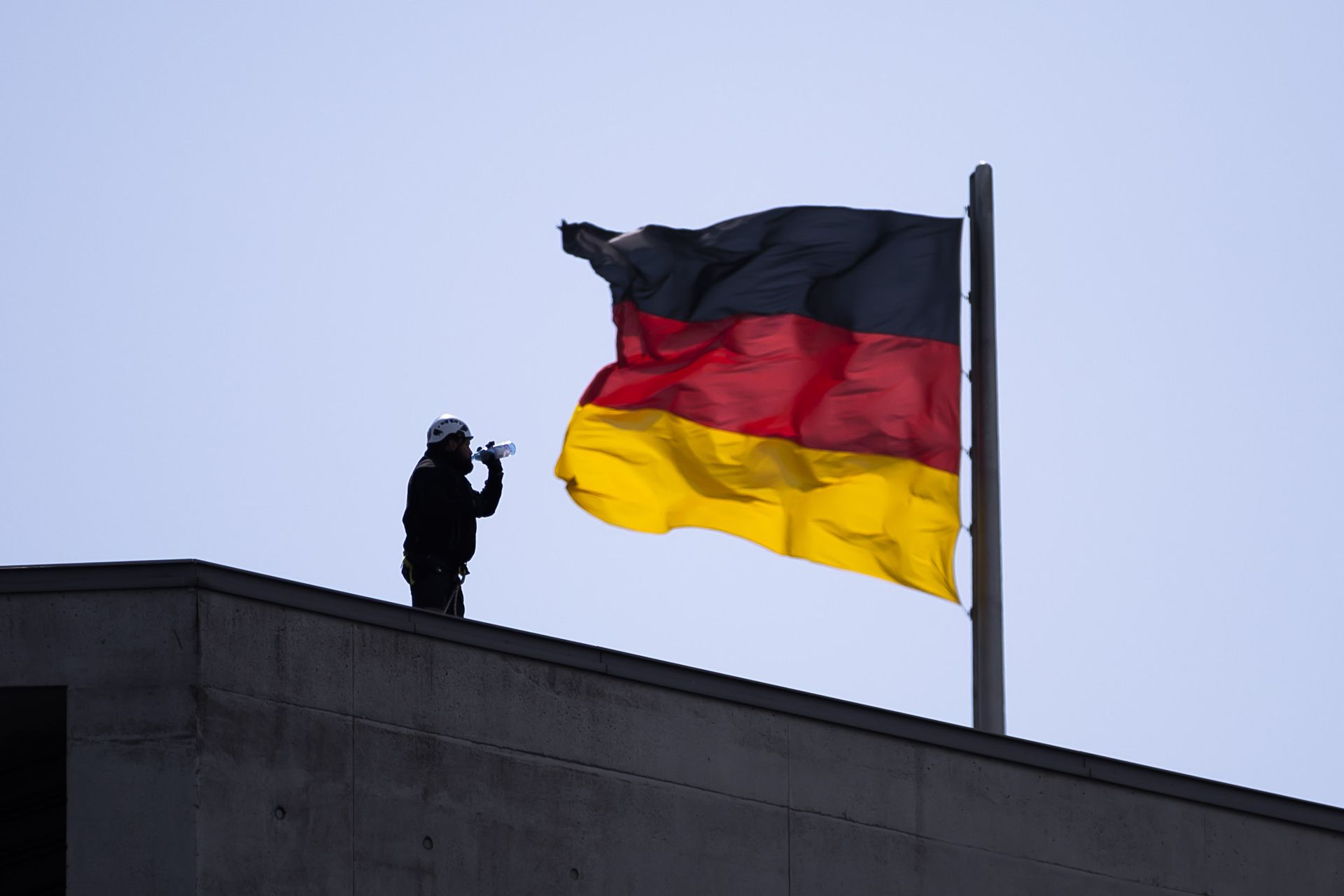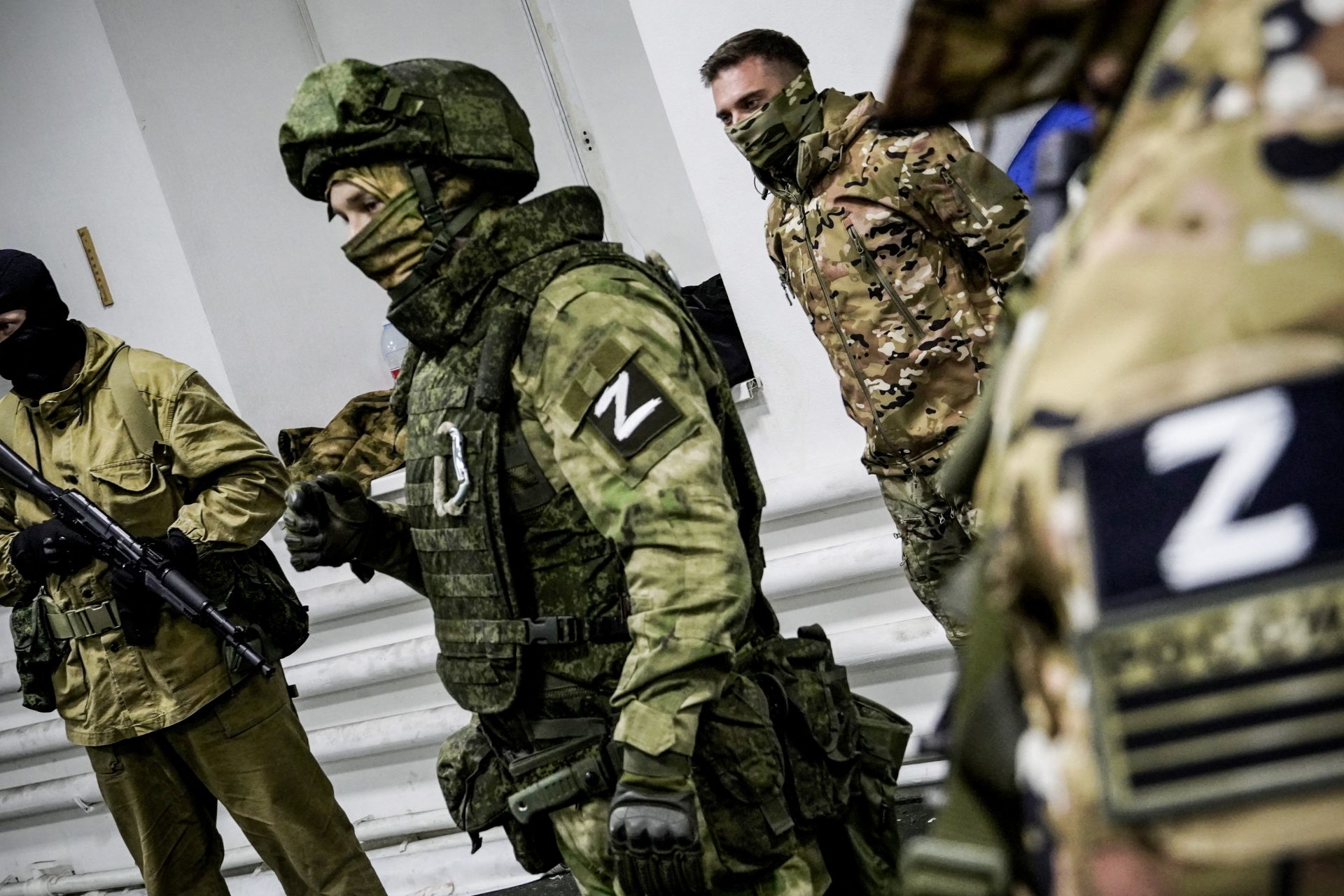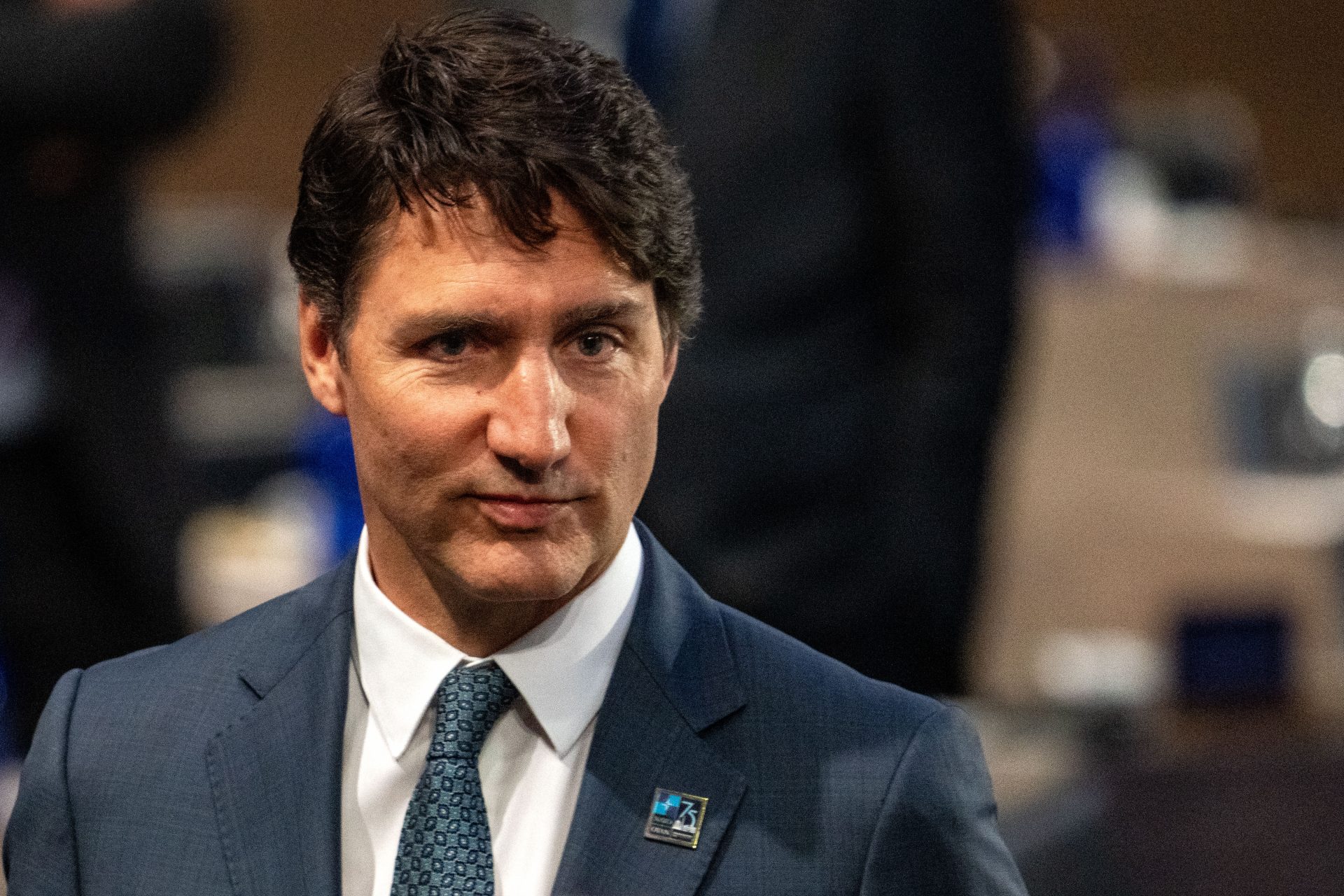This is life in Russia a year into the war
The Russian invasion of Ukraine has lasted a year and has no visible end. Putin has blamed the West for the war and claimed his regime is merely responding. However, the discourse's effect on the public and how the war has affected daily life in the country is difficult to assess.
The country is still closely tied to its Soviet past. An excellent example is how girls and boys join the 'Pioneers' ranks, just like in the days of the USSR.
Media coverage shows Russia filled with propaganda: street posters, school activities, or the constant pro-war message on television.
The analysis of whether Russians support the war is contradictory. In December 2022, USA Today published an article claiming that only 25% did, according to an alleged Kremlin poll leaked by a humanitarian organization. Other polls, such as one collected by The Washington Post, raise public support to 58%.
The Kremlin has pursued a policy of no dissenting voices. As the invasion began, the media were prohibited from using "war" for what Putin's government calls a "special operation."
According to the BBC, the Kremlin has designed laws against spreading "false information" about the military and "discrediting" the army. Putin has also asked the population to separate "true patriots from scum and traitors."
One example of the use of the law against dissident voices is that of 20-year-old student Olesya Krivtsova. According to the BBC, she is under house arrest for an Instagram story where she talked about last October's explosion on the bridge linking Russia to annexed Crimea.
Krivtsova claims she talked about how "Ukrainians were happy with what had happened" with the bridge. Then the police knocked on her door. She now faces up to 10 years for "justifying terrorism and discrediting the Russian armed forces."
Krivstova is sure that the state's control over the discussion can not last forever. "They can't put everyone in prison. At some point, they'll run out of cells," she told BBC. However, the fuel behind the oppression is not only governmental.
The 20-year-old was not under state surveillance; other students denounced her. A friend showed Krivtsova how some of them discussed her in a group chat. "Denunciation is the duty of a patriot," said one of the messages.
In a New York Times article published on January 20, the headline states that 'Putin is creating the Russia he wants.' The war reinforces Russian nationalism in the population. It has made the debate look like an attack on soldiers on the front lines.
Siberian teacher Sergei Chernyshov, who disagrees with Putinist nationalism, tells The New York Times: "Society, in general, has gone off the rails" because "they've flipped the ideas of good and evil."
That teacher told The New York Times that a nationwide campaign urging children to make candles for soldiers became so popular that anyone questioning it in a school chat group might be called a “Nazi and an accomplice of the West.”
The perception of the war not only affects public spaces but also divides families. A BBC investigation reported the discussion between a father and daughter following the death of her soldier brother. The article claims a generational conflict: 75% of those aged 40 support the war, compared with 62% of those aged 18-24.
Putin announced massive conscription was also unpopular among young people. There were lines of cars at the borders and people who fled Russia before they were called to fight. Some young people live in hiding to avoid being sent to the front. That is the case of Dimitri, the young man showing the military document in the image.
But young men are not the only ones fleeing the country. Argentinian officials said more than 5,000 pregnant Russian women entered the country recently. One official said they wanted their children to have Argentinian citizenship because it gave them more freedom than a Russian passport.
However, these cases are just a few examples among the 143 million people that live in Russia. The country is diverse, and there is insufficient transparency to understand how most feel about the war.
Some publications like Fortune speak of a diaspora of young Russians, an unstoppable drain of talent in the face of the social climate and the war. However, its toll on the economy does not seem relevant.
Western sanctions have not had a devastating effect. According to Euronews, most global firms closed stores or production centers in Russia, but the IMF calculated that their economy would grow by 0.3% in 2023.
Putin, on the other hand, has a lot to lose. Western media and leaders are certain that his popular support could vanish if, after thousands of deaths, the campaign in Ukraine ends up being a fiasco.
Be that as it may, the war continues to cause pain and devastation. And in Russia, as in so many places, life goes on. And what each of the citizens of this great nation thinks is not so easy to decipher in these troubled times.
More for you
Top Stories
























